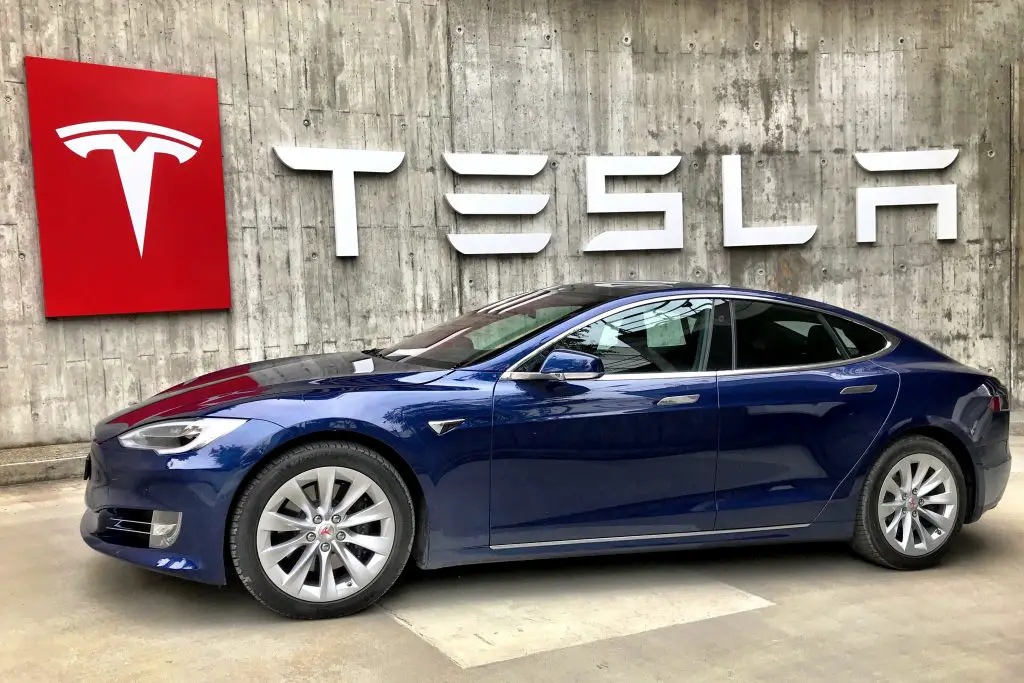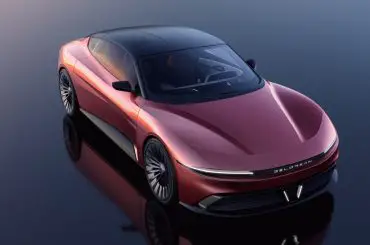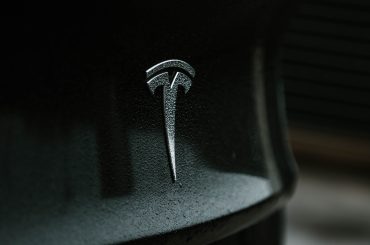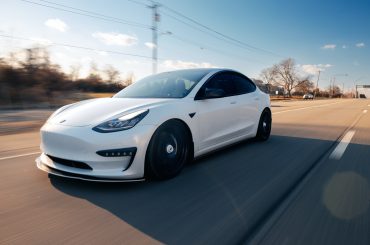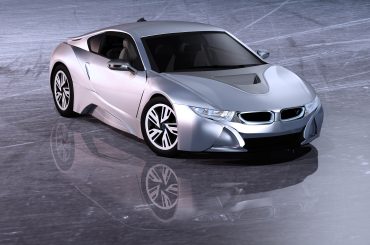Tesla is the only automaker to have had such a significant impact on the industry in the last decade. Despite this, there are a plethora of uncertainties about Tesla automobiles. “Do Teslas run on gas?” is one of the most often asked inquiries we get here. Do Teslas run on gas? We’re going to answer this subject in this piece. And we’ll explain how Tesla motors function and the advantages of electric vehicles. No. At no point in time did Tesla provide gas-powered automobiles for its fleet of electric vehicles. Tesla automobiles have always been and always will be completely electric. Currently, Tesla has no plans to develop a gas-powered or hybrid vehicle. The $25,000 completely autonomous electric car without a steering wheel Elon Musk previously revealed his company intends to produce in 2023. More than likely, we’ll be seeing a lot more of this from Tesla in the future, only producing electric vehicles going forward, even if this is highly unlikely. Do Tesla cars use gas? I have always wondered about this question and recently found some interesting information regarding it.
Contents
1. What Alternative Fuels Do Teslas Use
Traditional internal combustion engines are replaced with electric motors in Tesla automobiles, which do not have backup fuel tanks. Nikola Tesla designed the induction motor, which powers Teslas’ high-capacity lithium-ion battery packs. Just as the motor converts electrical energy into mechanical power, it drives the car. Although they don’t use permanent magnets or brushes, induction motors are nevertheless capable of producing a significant amount of power. The variable frequency of the power supply also influences the speed of the motor’s spin. The main motor has a maximum speed of 18,000 revolutions per minute. This makes it easier and more dependable to manage the speed of Teslas. The lithium-ion battery cells in a Tesla battery pack are the same ones we use every day. The car’s motor is powered by a combination of parallel and series battery cells that are intertwined. Glycol coolant, on the other hand, sets Tesla apart from its competitors. The coolant is injected into the battery cells via metallic inner tubes that pass through the microscopic gaps between the cells.
2. How Much Fuel Does a Tesla Need
There’s no need for gas pumps with Teslas because they don’t need gas. Teslas don’t have gas tanks, as you might imagine, and must instead be recharged in order to keep running. Customers have the option of charging their Teslas at home or on the go. Charging can be accomplished in one of three ways: You can use a 120-volt slow charger to charge your phone at home. In spite of its convenience, charging a Tesla with this approach is the most inefficient and time-consuming. As an alternative, a Wall Connector can be used to charge your device at home more quickly and efficiently. The device is connected directly to the home’s power supply. It has several power settings, may be put indoors or outdoors, and can extend the battery’s range by 44 miles per hour of charging. The battery should be fully charged after an overnight charge. Tesla has “Superchargers” built across the country in parking lots, truck stops, and gas stations for the fastest charging possible. A supercharger is essentially a gas pump powered by electricity. With just 15 minutes of charging, you can add 200 miles to the range of your vehicle. To charge your Tesla, you can also utilize NEMA adapters to connect to charging stations for other electric cars.
3. Is there a gas-powered backup for the Tesla Model S
Not at all; a Tesla has no gas backup. There is a good chance that Tesla cars will never run on gasoline. Even while a gasoline-powered engine is a good idea to have on hand as a fallback, a well-designed arrangement can transport you hundreds of miles further. There is no way Teslas are designed to be hybrids or plug-in hybrid electric vehicles (PHEVs). As one of the first major electric car manufacturers, they view fossil fuels to be a step down from their position. Tesla claims that its vehicles are futuristic and will help to advance the automotive industry. Any connection to gasoline would be a step backward for their engineering. A company in Austria is working on a hybrid version of the Tesla Model 3. A battery pack and a 1-liter gasoline engine will power this bad boy. That being said, this is not endorsed by Tesla. Overall, it’s going to be a successful enterprise if they can get it to work.
4. Do Teslas Run on Gas
Do Tesla cars use gas? They can run on electricity only or electricity and absolutely no gas. You can read more about that here. Gas tanks aren’t necessary for a Tesla. Their motors are powered only by electricity, making them pure electric vehicles. In terms of range, they may go from 235 to over 500 miles without recharging, depending on the option you have chosen. Gasoline is not used in Teslas at all. Tesla automobiles, in contrast to other hybrids on the market that use both gasoline and an electric motor to power them, are electric-only vehicles. In Tesla cars, the power comes from a battery pack that is situated under the floor. The vehicle’s electric motors are propelled by means of these battery packs. When opposed to gas engines, this design offers a clean source of energy with zero emissions and strong motors that yield ridiculous figures. In the D100 grade, the 0-60 time of a Tesla ranges from an excellent 4.1 seconds to a staggering 1.98 seconds for the Model S Plaid. Teslas may either be charged at home or at one of the many supercharging stations that are scattered around the country. Charge at home by setting up a dedicated charging station. A Tesla technician or skilled electrician can perform this task.
conclusion
A conclusion has been drawn: You can’t use gas to directly power a Tesla, and doing so could be disastrous. When it comes to electric vehicles, there’s nothing better than a Tesla since it shows you that they’re here to stay. So, if you want to save energy in your home, you should consider making some changes. Solar panels are an excellent answer to this problem, and they will also save you a lot of money on your electric bill each month. It’s no wonder that so many people are contemplating Tesla as their next vehicle, given the company’s consistent rise in market share and stock price (up more than 82% in the previous year at the time of this post). As a result of the Model 3’s starting price of $39,990 before tax credits, many more people may now afford to acquire a Tesla car.

